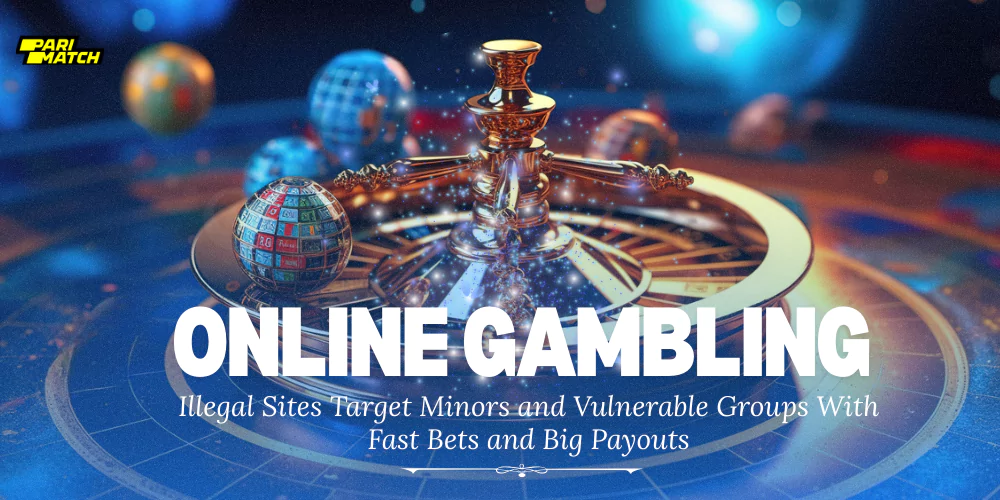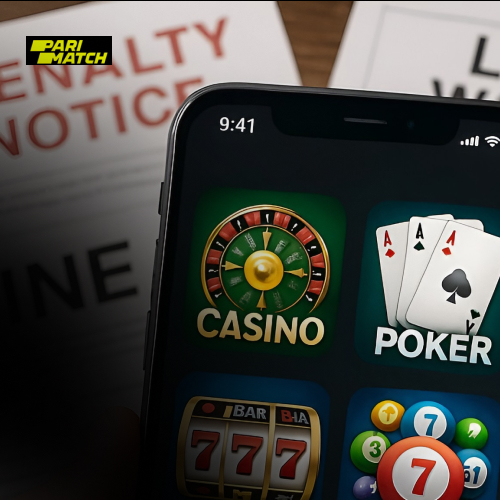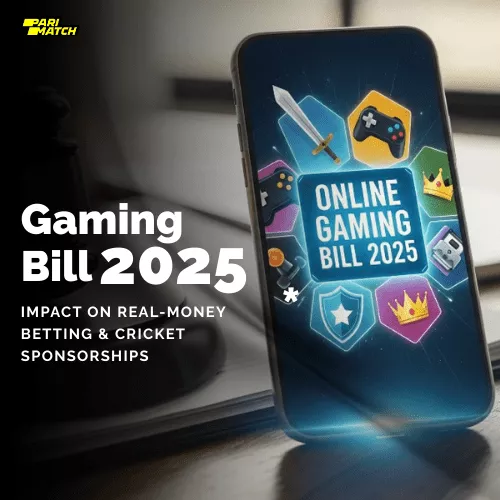A recent report has shed light on the alarming rise of illegal online gambling platforms that deliberately target minors and vulnerable groups. These unregulated websites entice players with promises of fast bets, instant rewards, and massive payouts—creating a cycle of addiction that is both dangerous and difficult to break.
Table of Contents
The Hidden Risks Behind “Easy Wins”
Illegal online gambling sites often present themselves as harmless entertainment, but in reality, they exploit psychological triggers. The appeal of quick money and flashy advertisements can be irresistible, particularly for young people and individuals facing financial hardship. Unlike regulated platforms, these sites operate without age verification systems or responsible gaming safeguards, allowing minors to access them with ease.
The report highlights that the majority of these platforms are designed to keep users engaged through aggressive marketing tactics, constant push notifications, and unrealistic odds. Such practices foster dependency, with users chasing losses in hopes of hitting a “big win.”
Vulnerable Groups in the Crosshairs
Minors, students, and people under financial stress are among the most at risk. Without proper awareness, many fall prey to fraudulent promises of doubling or tripling their money within minutes. In many cases, these users end up in debt or even resort to borrowing money to sustain their gambling habits.
Mental health experts warn that these patterns can escalate into long-term addiction, leading to depression, anxiety, and social isolation. Families often discover the issue too late, after financial and emotional damage has already occurred.
Online Gambling: Illegal Sites Target Minors and Vulnerable Groups With Fast Bets and Big Payouts
Why Illegal Sites Thrive
One of the key reasons Casino gambling websites thrive is the lack of strict enforcement and cross-border regulation. Many operate offshore, making it difficult for authorities to track and shut them down. Additionally, the rise of digital payment systems and cryptocurrencies has made it easier for such platforms to process transactions discreetly.
The Role of Regulation and Awareness
Experts stress the urgent need for stronger regulation, better monitoring of online platforms, and public awareness campaigns. Governments must collaborate with financial institutions and internet service providers to block illegal operators and safeguard vulnerable groups.
Equally important is educating young people and families about the risks of gambling addiction. Schools, community programs, and digital literacy campaigns can play a vital role in reducing exposure and building resilience.
The Way Forward
While legal and regulated betting platforms exist, illegal online gambling sites continue to pose a serious public health and social challenge. The combination of fast bets, flashy marketing, and the lure of quick riches creates a perfect storm for addiction. Addressing this issue will require a multi-pronged approach—combining law enforcement, regulation, education, and mental health support.

FAQs on Illegal Online Gambling
1. How do illegal gambling sites target minors?
Illegal platforms often use social media ads, influencer promotions, and free-play games to attract young audiences. Without strict age verification, minors can easily register and play.
2. What makes vulnerable groups more at risk?
People facing financial stress or emotional difficulties are more likely to fall for promises of quick money. These groups are also more prone to gambling addiction due to desperation or lack of awareness.
3. Are illegal gambling sites safe to use?
No. They operate without regulation, meaning there are no guarantees of fair play, data protection, or secure payments. Many users lose money or face scams.
4. How can families spot gambling addiction in children or teens?
Warning signs include secretive behavior, sudden financial issues, borrowing money, mood swings, and excessive time spent online. Early intervention is key.
5. What should I do if I or someone I know is addicted to online gambling?
Seek help from licensed addiction counselors, helplines, or mental health professionals. Setting financial limits, blocking gambling sites, and joining support groups can also help.
By: Parimatch-Global









